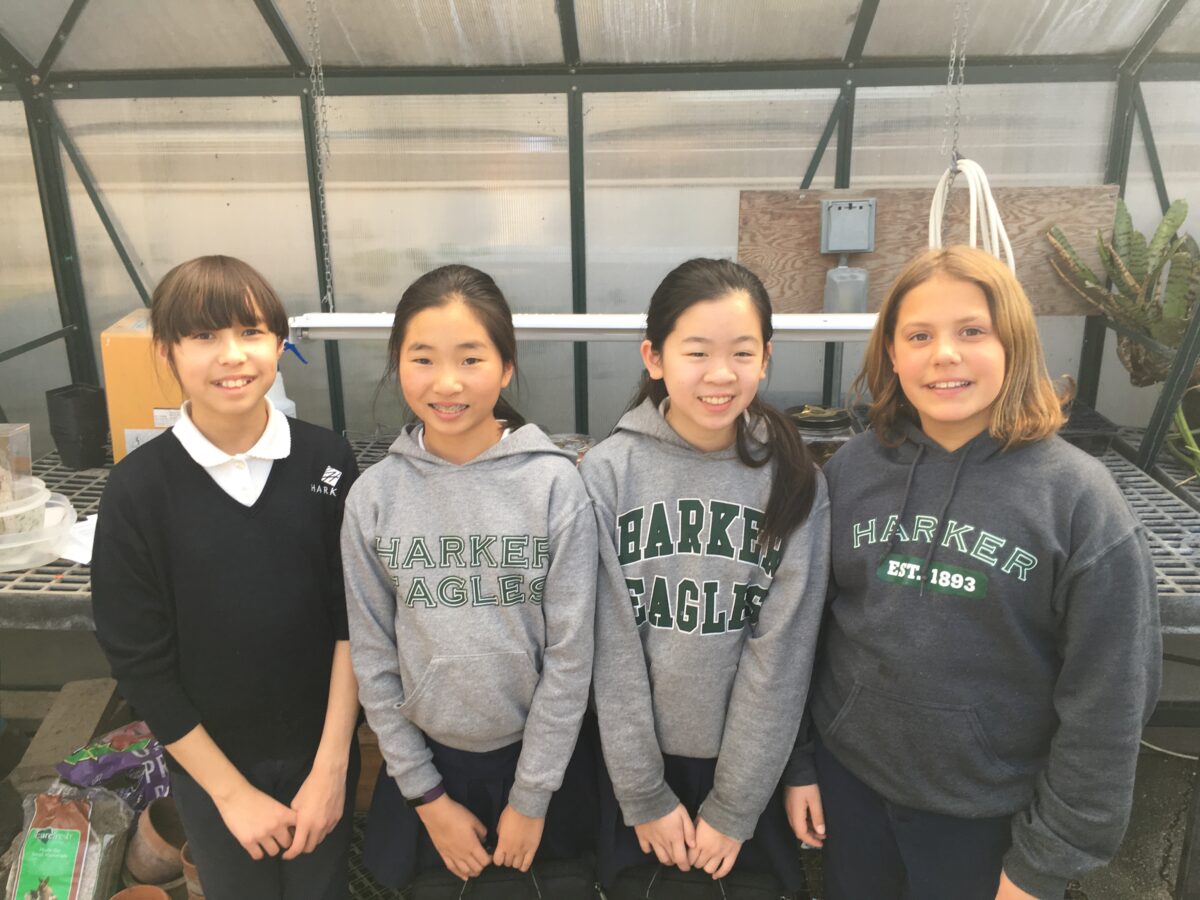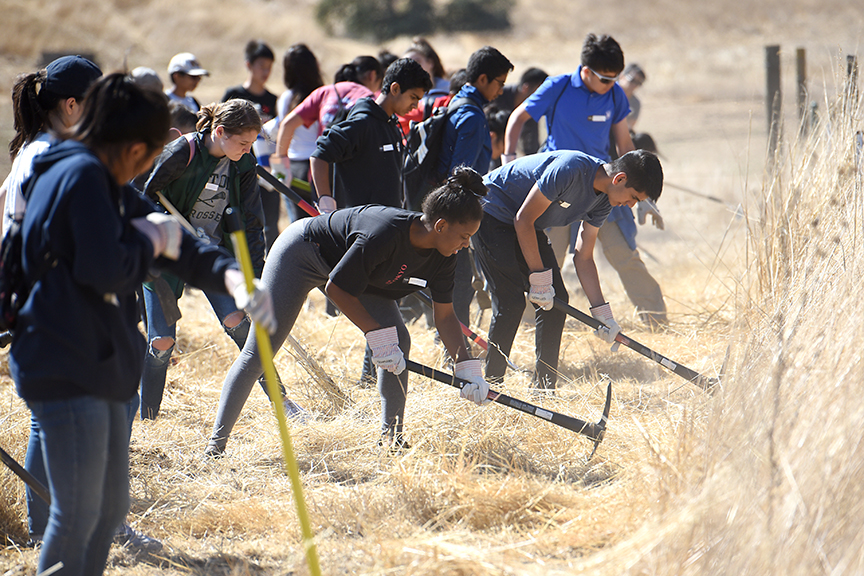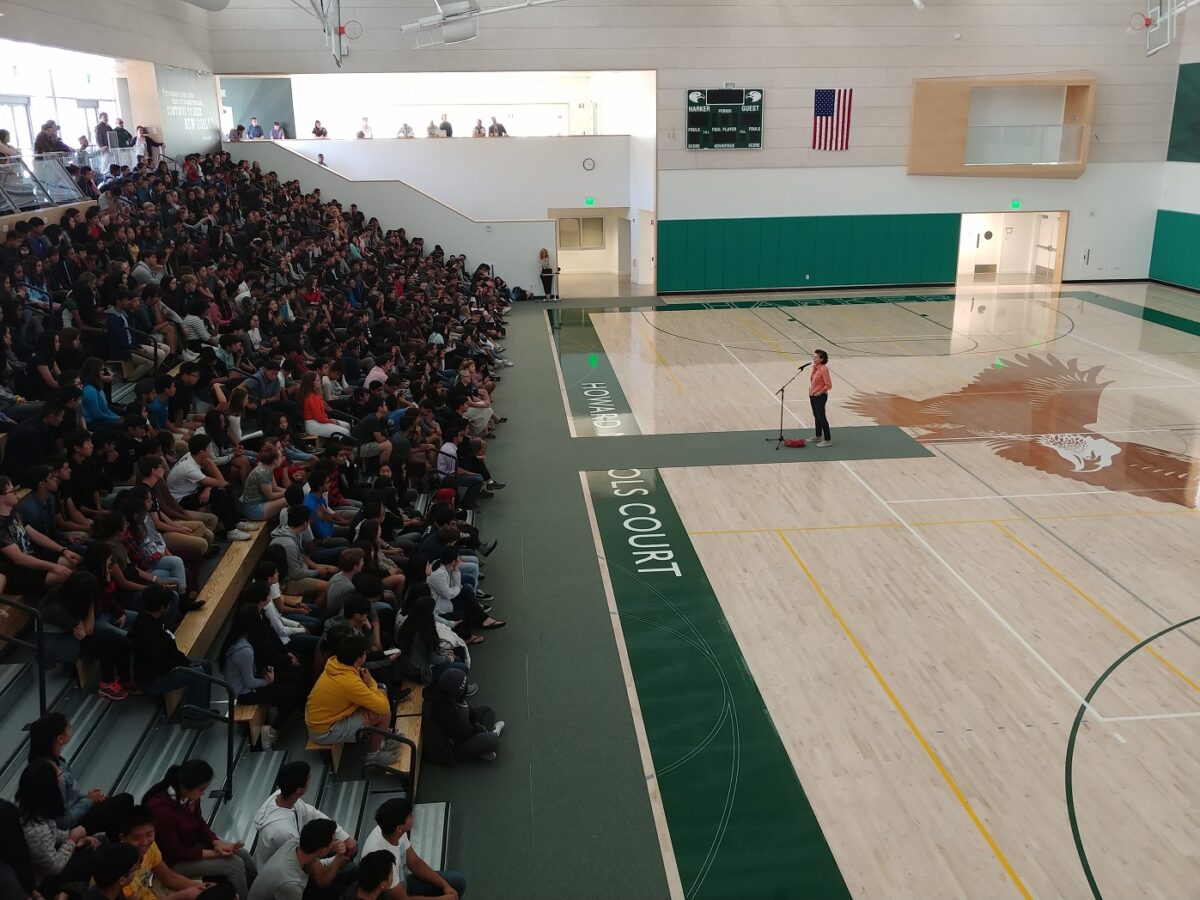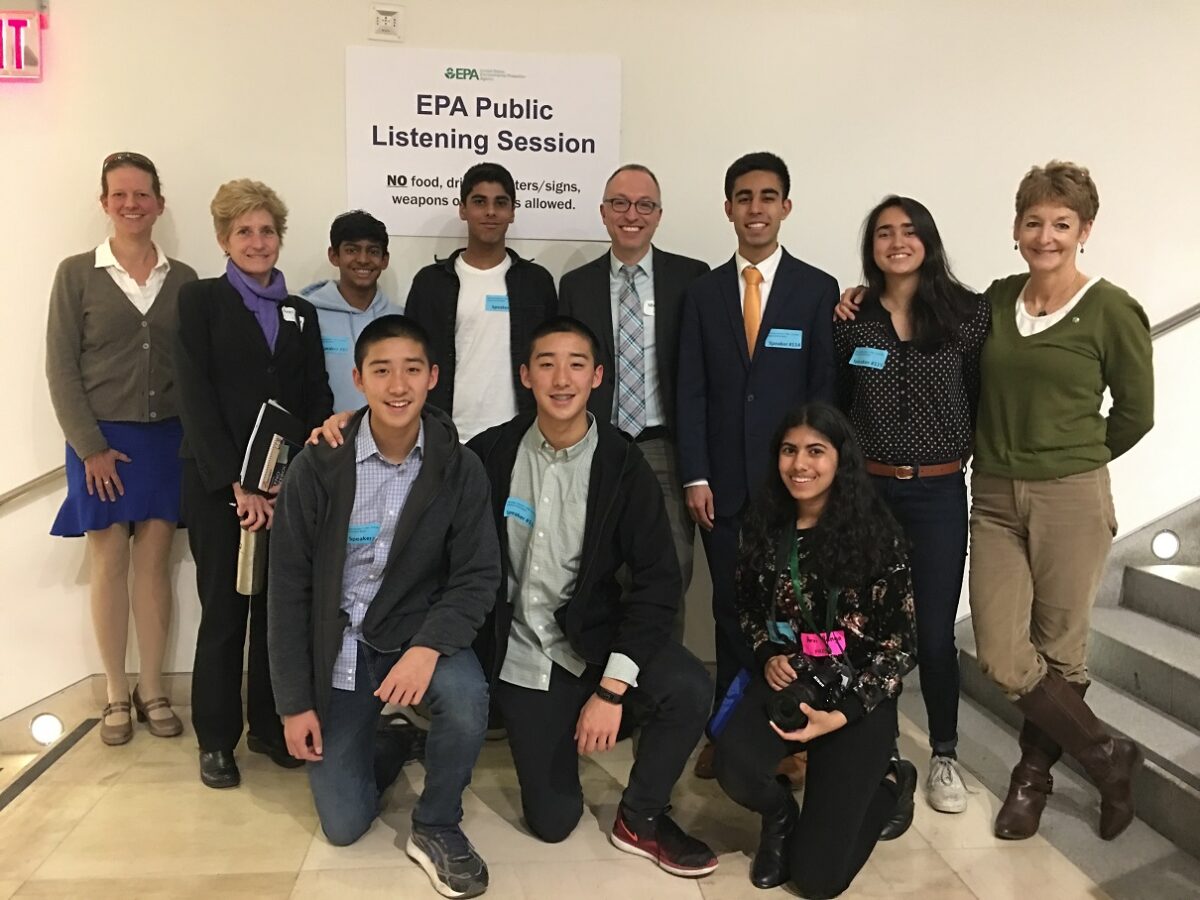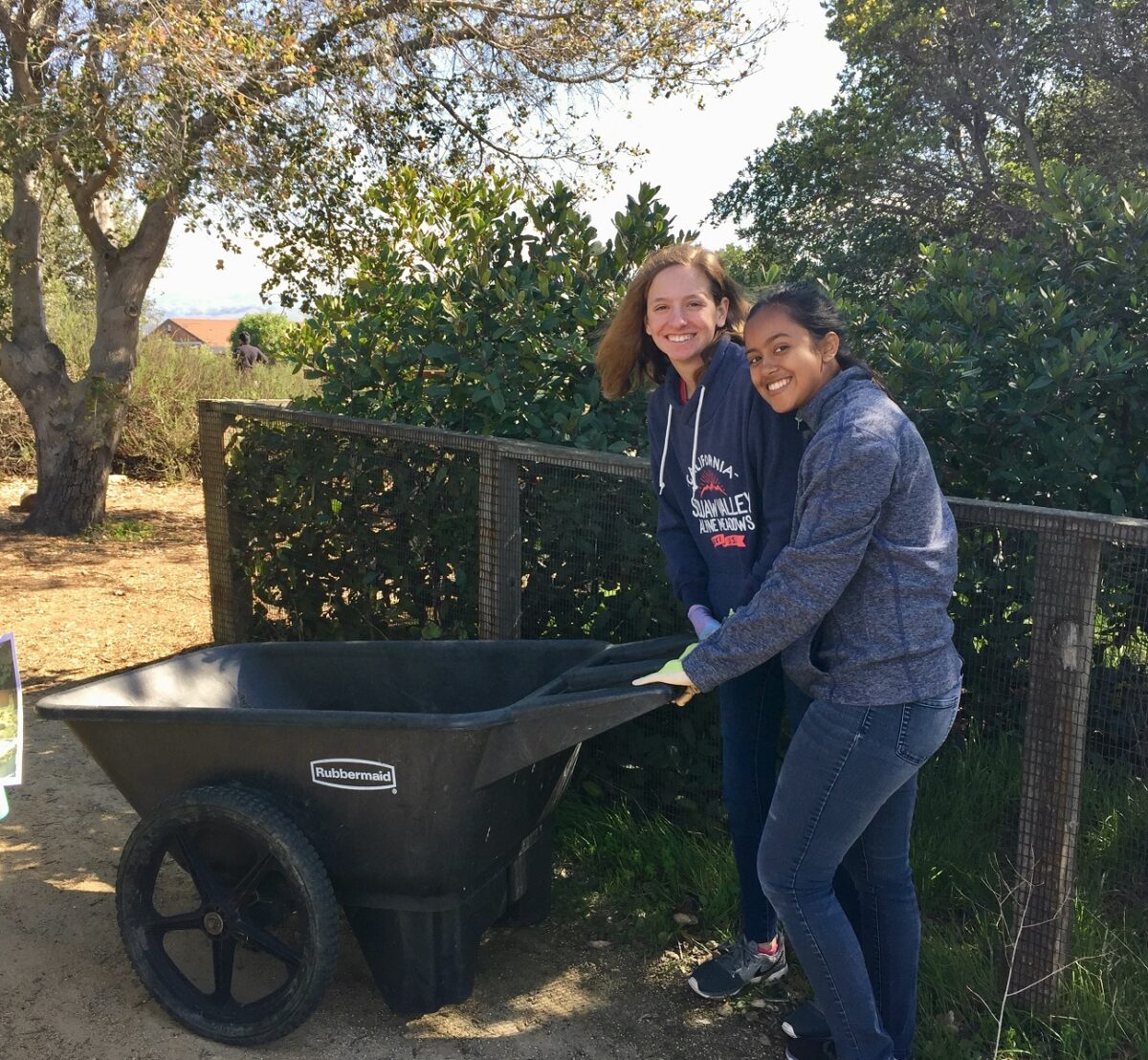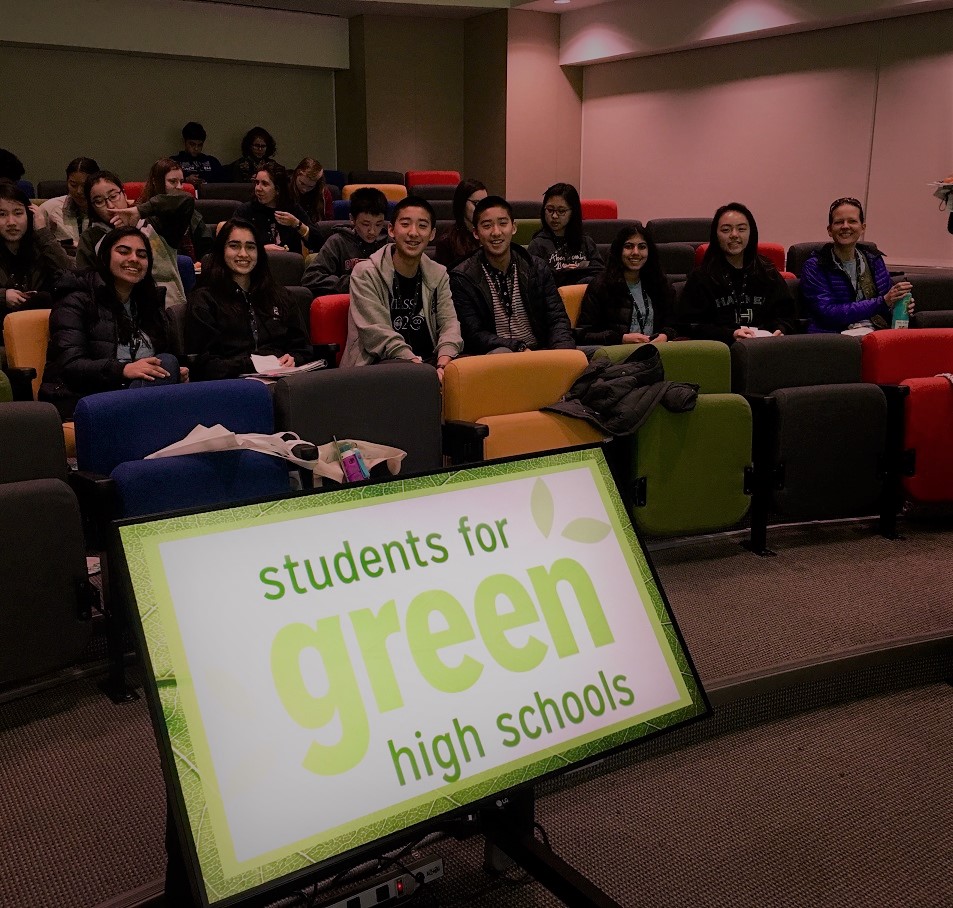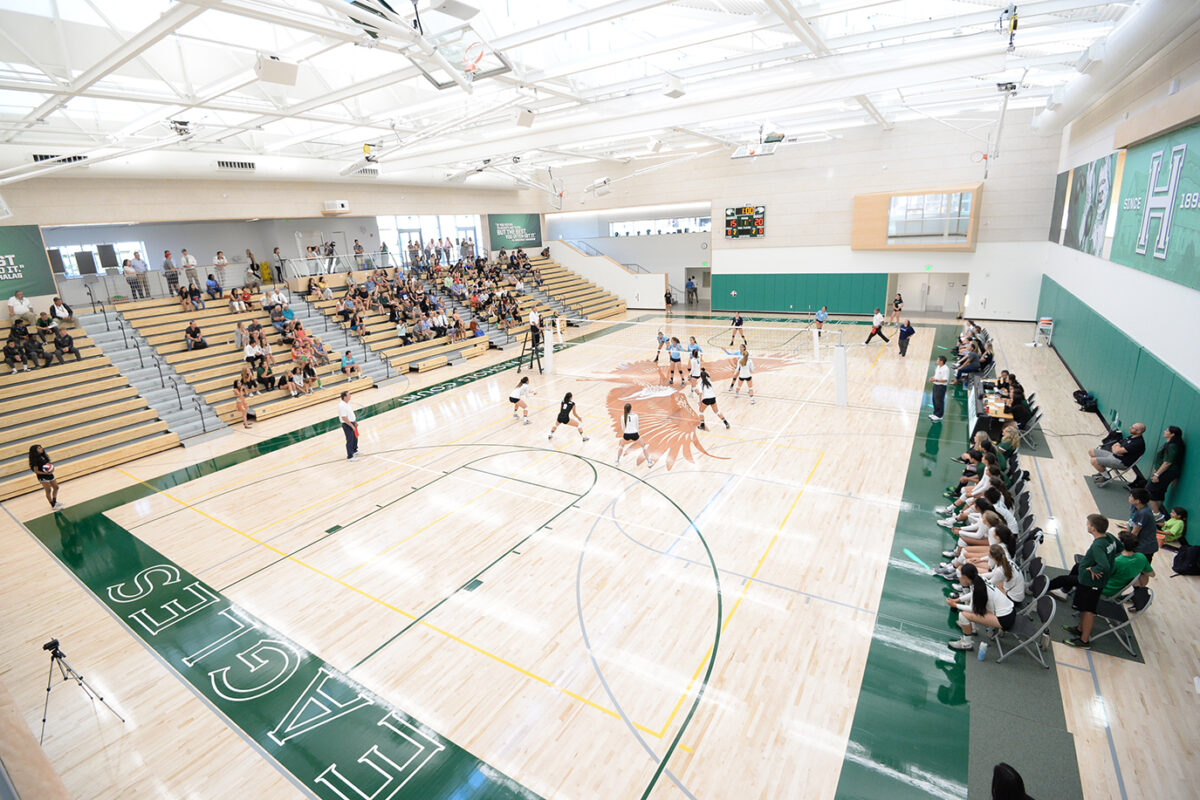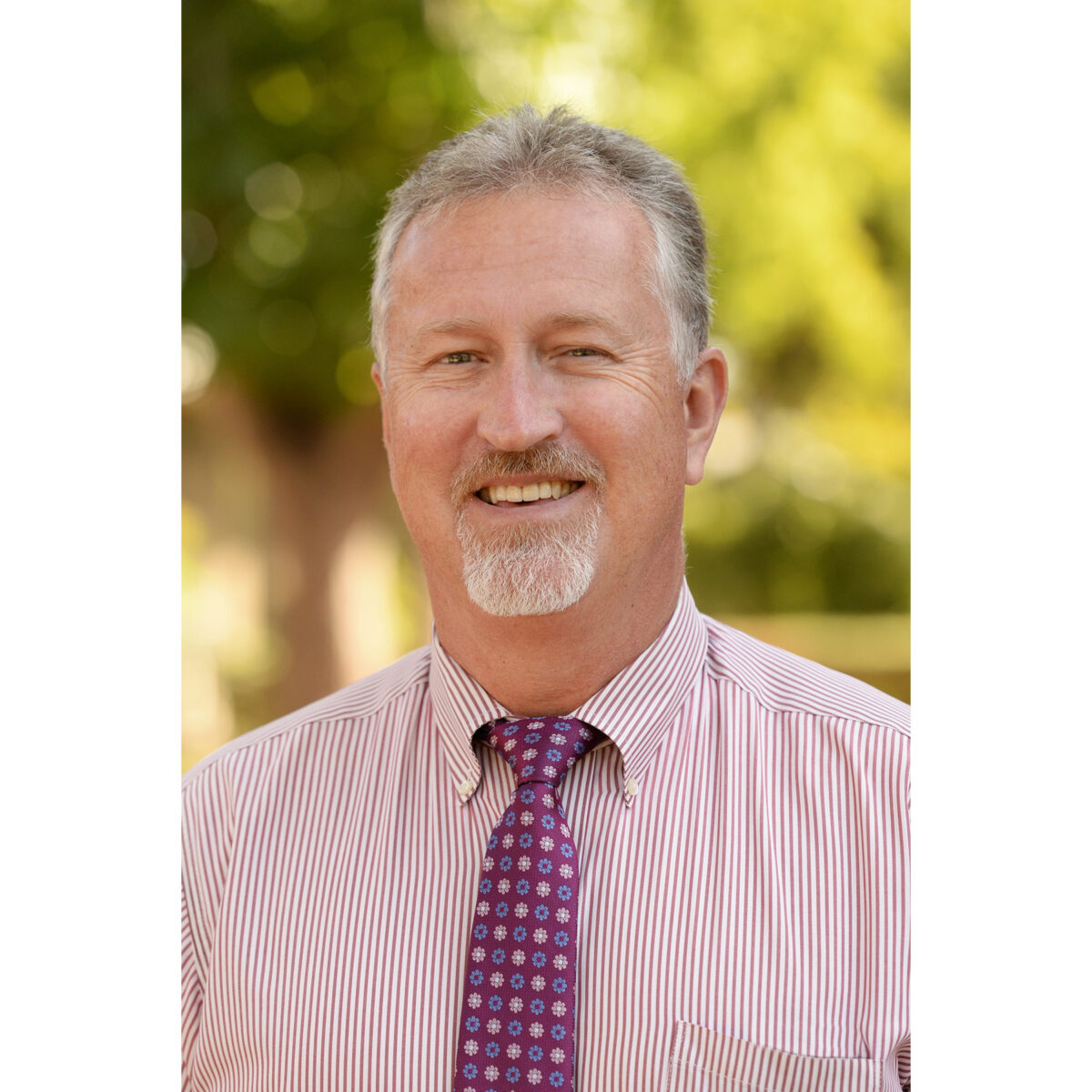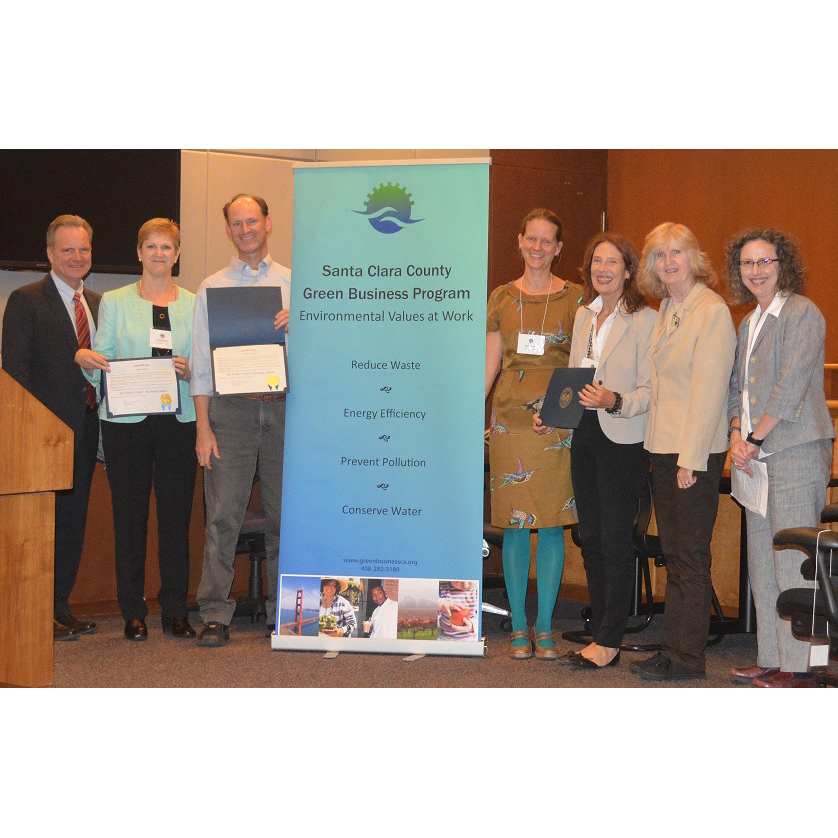The upper school’s Green Team was awarded a Distinguished Honorable Mention in the Bow Seat Marine Debris Creative Advocacy Competition.
Green Initiatives
Middle school Green Team steps up efforts leading up to Earth Day
The 2019 middle school Green Team has been hard at work this year advocating for the end of single-use plastics and an increase in recycling of all plastic waste.
Grade 9 visits Coyote Valley for annual service trip
The Class of 2022 visited the Coyote Valley Open Space Preserve on Oct. 10 for this year’s Frosh Service Trip. Students spent the day…
Guest speaker informs students about dangers of plastic waste
Environmental activist Jackie Nunez visited the upper school today for a special assembly on the use of plastic and how disposable plastic products –…
Upper school students speak to EPA officials on repeal of Clean Power Plan
A group of Harker students attended a special listening session held in San Francisco by the U.S. Environmental Protection Agency (EPA) regarding the proposed repeal of the Clean Power Plan.
Upper school students take environmental service trip to Alviso
Thirty-five upper school students, along with biology teacher Anita Chetty and Mandarin teacher Shaun Jahshan, visited the Don Edwards San Francisco Bay National Wildlife Refuge on an environmental service trip.
Harker Green Team attends and gives presentation at green high schools conference
This story was submitted by Harker upper school Spanish teacher and Green Committee member Diana Moss. Members of the upper school’s Harker Green Team…
Harker athletic center awarded LEED Gold Certification
On Feb. 7, the new athletic center earned the LEED (Leadership in Energy and Environmental Design) Gold Certification! Harker’s Nichols Hall science and technology…
Administrator tapped as Harker sustainability coordinator
Concurrent with the 50th anniversary of Earth Day, Greg Lawson, assistant head of school, student affairs, was named Harker’s first sustainability coordinator. Lawson’s new responsibilities…
Harker Recognized at Santa Clara County Green Business Event
On Sept. 28, upper school science teachers Jeff Sutton and Kate Schafer, facility coordinator Janet Rohrer and Office of Communication Director Pam Dickinson attended…

